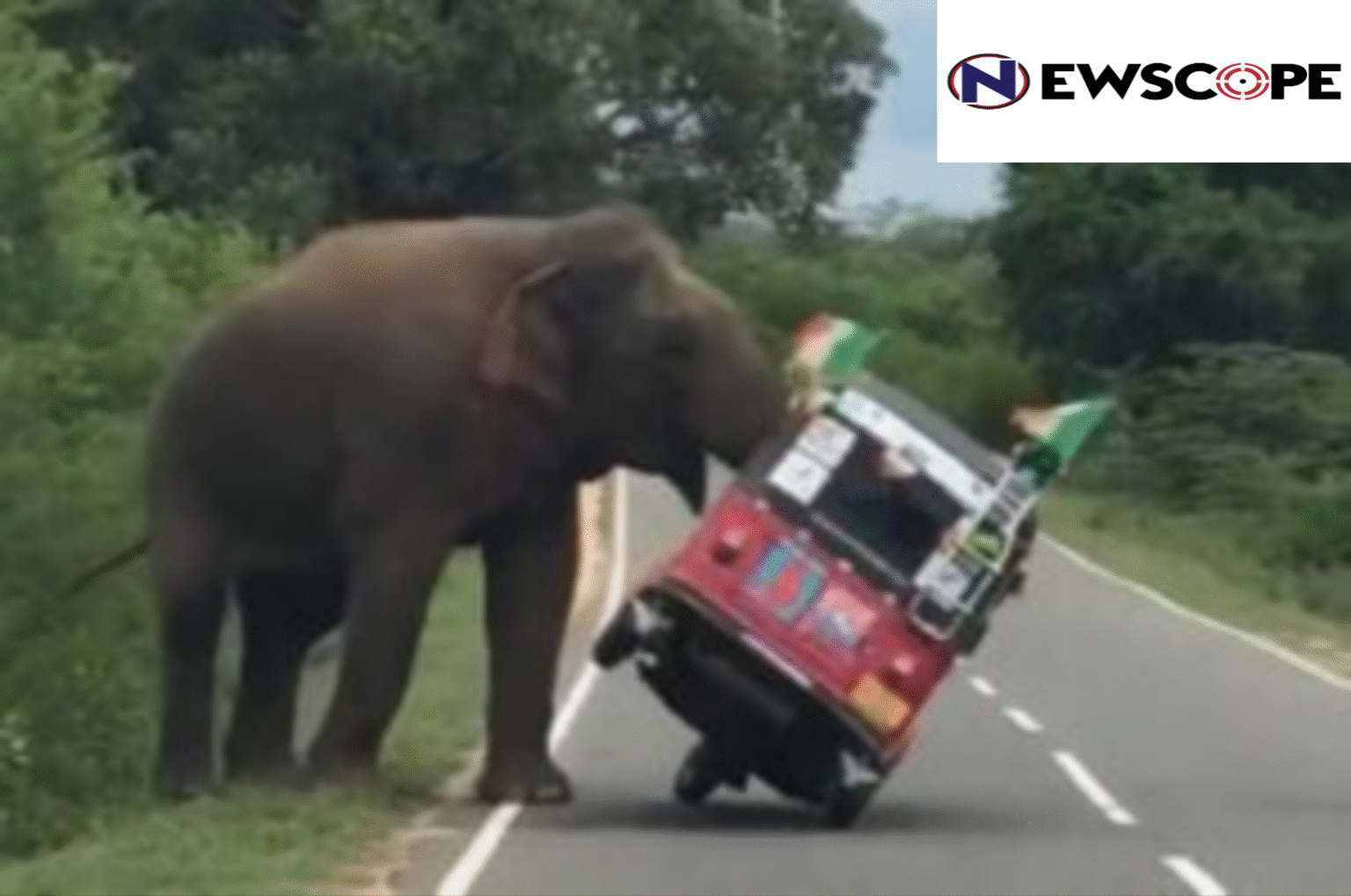The government of Kerala is pressing the central government to amend the Wildlife Protection Act of 1972 to allow controlled culling of wild animals that have been threatening human lives and livelihoods in the state. The state has reported severe impacts from wildlife incursions, with 919 fatalities and 8,967 injuries from animal attacks between 2016 and January 2025 (government data).
Species like wild boars, elephants, tigers, leopards, bonnet macaques (a spieces of monkey), bison and the peafowl are the primary culprits and have continually devastated crops and endangered lives in atleast 273 of Kerala’s 941 village local bodies. These areas have been classified as hotspots. Wild boars, in particular, have wreaked havoc on farmland. Incidents like a radio collared elephant killing a person in Wayanad has also been reported. Bonnet Macaques and peafowls, although not critical to life, have repeatedly destroyed crops and put farmers in a position to abandon arrable land.
A major reason for these wildlife incursions happen to be habitat destruction and decline. Changes in crop pattern as well as grazing of domesticated animals in forest too have led to a decline in the quality of habitat.
The act has 6 schedules. Kerala’s seeks ammendment on two. First, it seeks to transfer the authority to issue ‘kill permits’ from the Chief Wildlife Warden to Chief Conservators of Forests to enable faster localized responses to threats. Second, the state urges declaring wild pigs as vermin under section 62 to strip them of hunting protections and allow culling. Removing bonnet macaques from Schedule I (which provides the highest level of protection under the Act) to allow their capture/relocation is another priority. Previous attempts by local bodies to use licensed shooters for wild boars failed due to bureaucratic delays and impractical guidelines, like the checking of a boar beinb pregnant before shooting.
The central government has repeatedly rejected these requests wanting strict adherence to the Act’s conservation focused framework. Relaxing protections could disrupt ecosystems and make way for unchecked culling, poaching and illegal trafficking of protected species. Local communities and farmers, supported by figures like Forest Minister A.K. Saseendran, seek urgent action to be able to lead secure lives.



